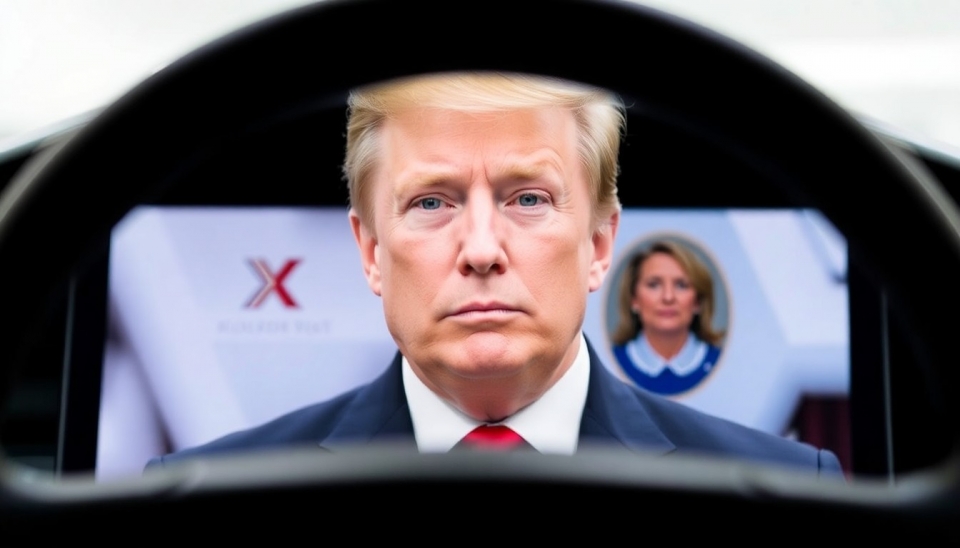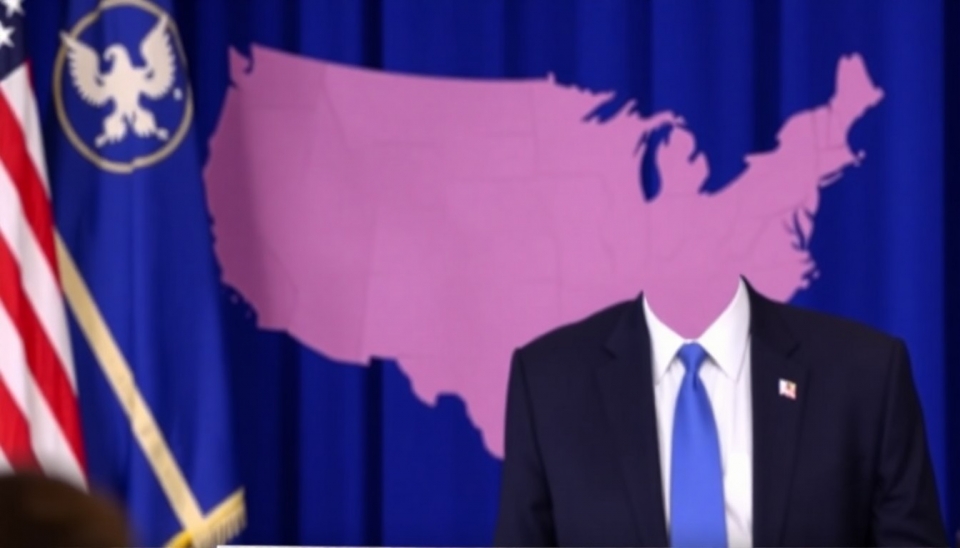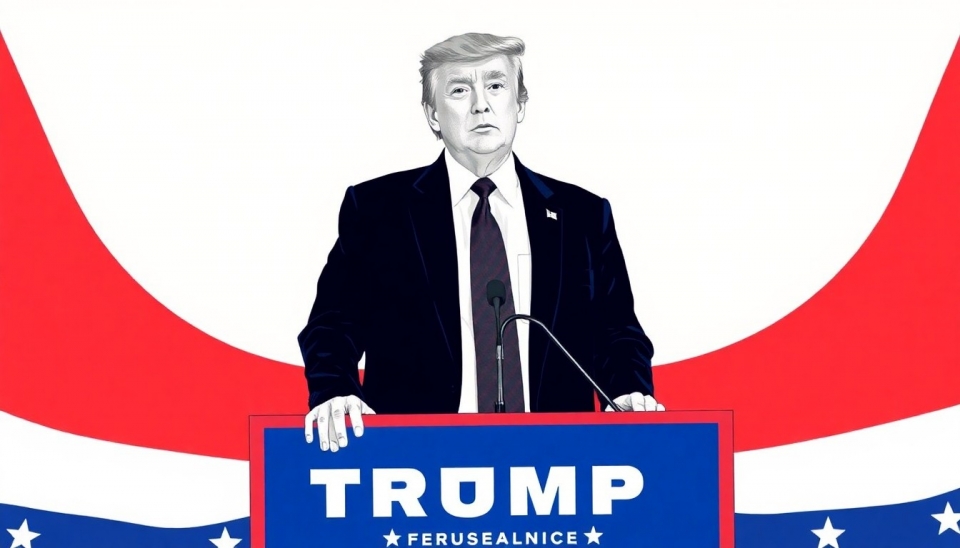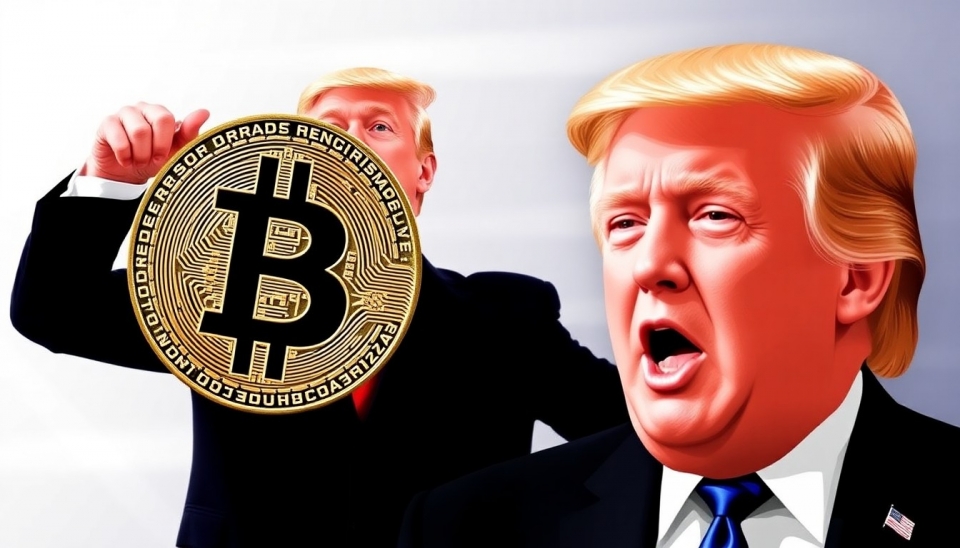
In the wake of the recent United States presidential elections, the prospect of a second Donald Trump presidency has reignited discussions surrounding antitrust actions against technology giants. If Trump were to reclaim the White House, it is expected that a more aggressive approach towards regulatory scrutiny of tech firms would be on the agenda, marking a significant pivot from the previous administration's more lenient stance.
Throughout his first term, Trump’s administration implemented several policies that favored the interests of big technology companies. The current political landscape suggests a change in direction; Trump has openly critiqued the influence of major tech firms and their perceived monopolistic practices. This new perspective aligns with a growing bipartisan sentiment in Congress advocating for stricter regulations and enforcement regimes aimed at curbing the power of these corporations.
With advocating antitrust measures positioning as a cornerstone of his platform, Trump appears to be tapping into public and legislative frustrations over data privacy, market dominance, and the potential stifling of competition by tech behemoths like Amazon, Google, and Facebook – now Meta Platforms, Inc. Such sentiments gained traction during his administration, especially as former President Trump faced backlash over social media policies and censorship by these platforms.
The shift in focus toward tech regulation seems strategic, as it positions Trump alongside a base eager for accountability from companies that many believe have accrued too much power without sufficient oversight. Moreover, if Trump were to embrace antitrust measures, he might not only consolidate his existing base but also attract undecided voters who resonate with calls for a fairer digital marketplace.
Anticipating a more confrontational agenda, technology industries should prepare for an uptick in regulatory scrutiny. This could include deeper investigations, more rigorous enforcement actions, and a revisitation of past mergers and acquisitions that critics claim have harmed market competition. Such a strategy suggests that Trump's administration would engage more directly with the burgeoning demand for reform in the tech sector, potentially reshaping the dynamics of American internet commerce.
The expected increase in antitrust enforcement could also signify a greater willingness to collaborate with regulatory bodies like the Federal Trade Commission (FTC) and the Department of Justice (DOJ) in pursuing lawsuits against tech firms accused of monopolistic practices. Furthermore, Congress may also bolster legislative efforts to provide these agencies with enhanced tools for enforcement, fostering an environment where regulatory actions proliferate.
As the anticipation of Trump's potential policies grows, tech industry stakeholders, including investors and executives, may need to recalibrate their strategies in response to anticipated legislative changes. The unfolding scenario requires close monitoring of developments in both the executive branch and Congress, as leaders in the tech sector prepare for the possibility of a more rigorous regulatory landscape.
The implications of such a regulatory shift could be profound, fundamentally altering the operational realities for major tech firms. Should this shift occur, it may enable smaller companies to gain ground in the marketplace while shaking up the established order long dominated by a few large corporations.
As the landscape continues to evolve, the tech industry stands at a crucial crossroad, one that may determine its trajectory for years to come. The prospect of a more empowered regulatory environment under a second Trump presidency could catalyze significant changes in how technology is developed, marketed, and consumed.
#Trump2024 #TechAntitrust #BigTech #Regulations #DigitalMarketplace #PoliticalNews #AntitrustReform
Author: Emily Collins




